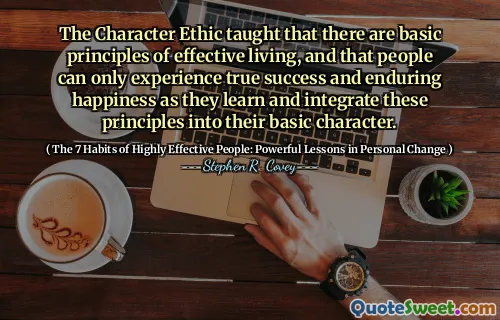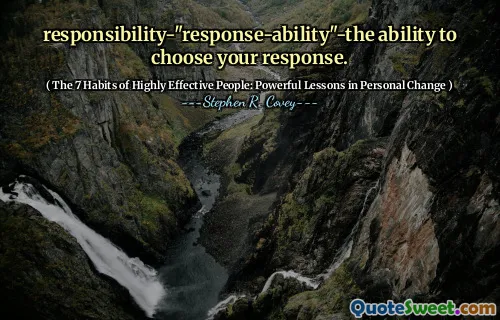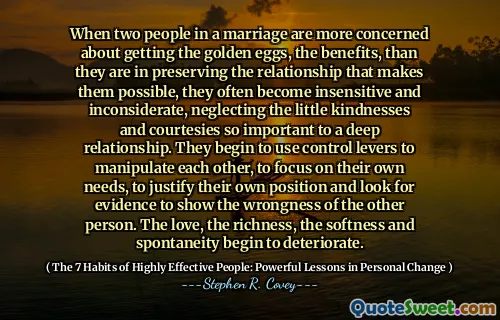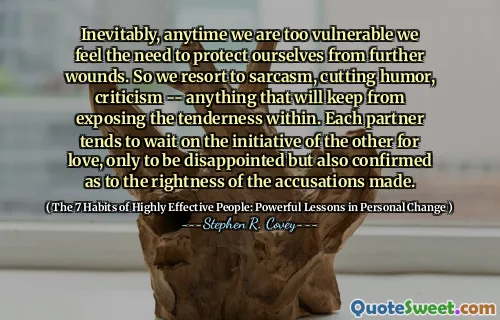"The 7 Habits of Highly Effective People" by Stephen R. Covey is a transformative guide focusing on personal and professional effectiveness. Covey emphasizes that true change starts from within and encourages readers to adopt a principle-centered approach to their lives. He introduces seven habits that serve as foundational principles for achieving personal success and developing strong relationships with others.
The first three habits focus on personal development and self-mastery, urging readers to take responsibility for their lives, set clear goals, and prioritize what truly matters. By shifting from dependency to independence, individuals can cultivate a proactive mindset, envision their goals, and organize their day-to-day actions accordingly.
The next three habits deal with teamwork and collaboration, emphasizing interdependence and effective communication with others. Covey highlights the importance of understanding and valuing diverse perspectives and stresses that synergy can lead to better outcomes. The final habit encourages continuous self-renewal and balance in one’s life, fostering ongoing growth and improvement in all areas.
More »
Today Birthdays
1970 -
Shonda Rhimes
1599 -
Edmund Spenser
1940 -
Edmund White
1957 -
Lorrie Moore
1691 -
George Fox
1961 -
Wayne Coyne
1934 -
Carolyn See
1965 -
Bill Bailey
1967 -
Masha Gessen
1937 -
George Reisman
1890 -
Elmer Davis
1978 -
Nate Silver
1884 -
Sophie Tucker
1960 -
Matthew Bourne
1980 -
Maria de Villota
1977 -
Orlando Bloom
1976 -
Michael Pena
1952 -
Geoffrey Canada
1951 -
Frank Peretti
1955 -
Trevor Rabin
1808 -
Salmon P. Chase
1947 -
Robert Martin
1927 -
Sydney Brenner
1926 -
Carolyn Gold Heilbrun
1954 -
Denise Morrison
1960 -
Eric Betzig
1968 -
Traci Bingham
1919 -
Robert Stack
1970 -
Keith Coogan
1989 -
Beau Mirchoff



